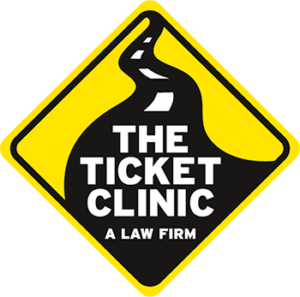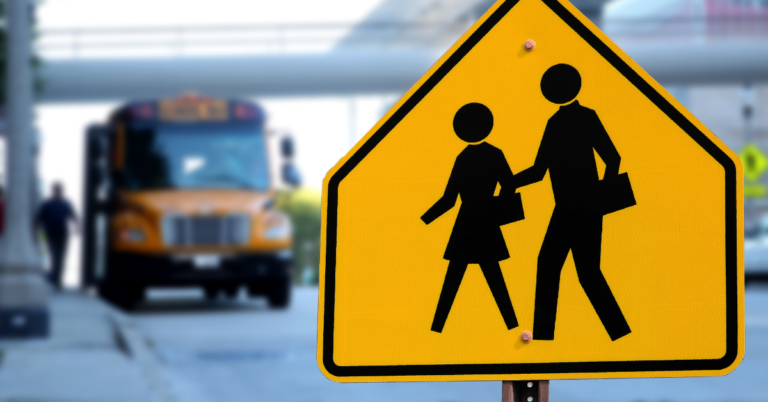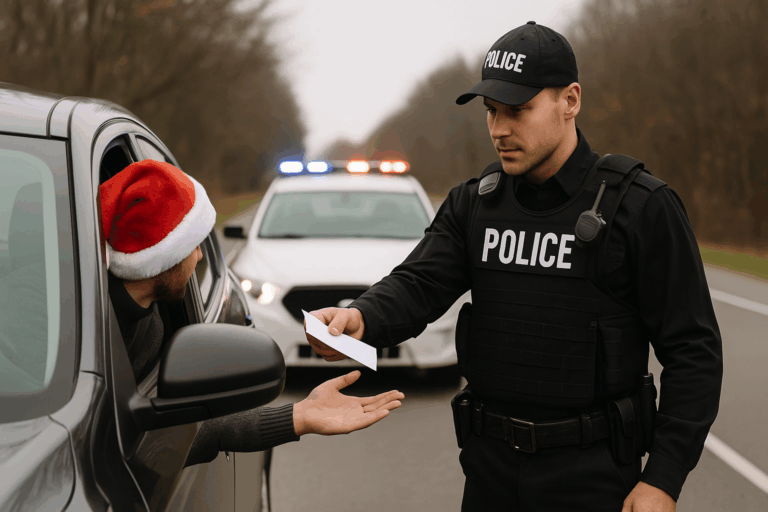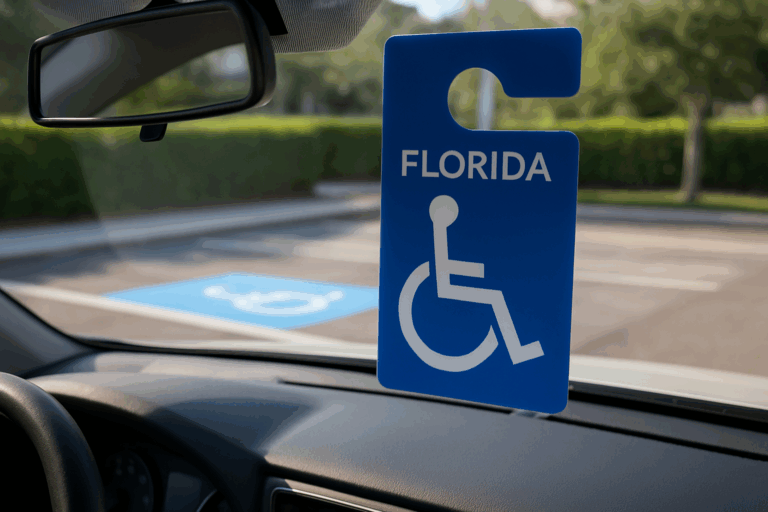Since July 1, 2025, Florida leveled up its road safety game—drivers now face criminal charges under the “Super Speeder” law (officially known as “Dangerous Excessive Speeding,” HB 351). No more just a ticket—now, jail time, fines, and court appearances await those who push limits too far. We first covered this topic back in June and also did an analysis of how this law compares to others in the United States.
Enforcement Is in Full Throttle
Florida Highway Patrol (FHP), sheriffs, and prosecutors wasted zero time. By early September 2025, the media had reported many cases ranging from mild to wild.
Central Florida’s State Attorney Monique Worrell revealed that at least 7 drivers had been arrested one the first day of enforcement—one hit 155 mph, all were above 100 mph.
FHP shared a ride‑along video showing troopers in action—one driver was clocked at 155 mph, leading to an immediate arrest and vehicle impound.
In Collier County, three drivers were arrested for speeding over 100 mph, including one father driving with his family aboard.
In the Jacksonville area alone, As of Sept. 2, the Florida Highway Patrol provided the following statistics:
- 18 people were cited for speeding above 100 miles per hour
- 12 people were cited for going 50 mph over the speed limit
Officers with the Jacksonville Sheriff’s Office issued nine criminal citations with one arrest by Labor Day.
The St. Johns County Sheriff’s Office said it has made four arrests, including three people accused of driving over 100 mph.
Shock and Surprise on the Road
Drivers were visibly surprised by the tough new rules. One motorist in Orlando was clocked at 104 mph just two minutes after the law kicked in. Others hit speeds—106 mph on a motorcycle, 113 mph in Orange County—and were arrested instead of ticketed. Mandatory court appearances replaced routine fine.
A notable case: Kiara Molina Rucci, arrested driving 116 mph in a 65 mph zone, pleaded emotionally—saying she was rushing because her son was injured by a dog. The trooper did not relent. In July alone, 71 drivers were charged under the law: 49 for 100+ mph, 22 for 50+ mph over.
The Law in a Nutshell
What counts as “Dangerous Excessive Speeding”?
- 50 mph or more over the posted speed limit (e.g., 120 mph in a 70 zone)
- Or 100 mph or more, especially if combined with risky maneuvers or behavior that disrupts traffic
Penalties
- First offense: up to 30 days in jail, up to $500 fine, mandatory court hearing
- Repeat offenses (within 5 years): up to 90 days in jail, up to $1,000 fine, plus license revocation (at least 180 days, up to 1 year).
No more paying online and moving on—every case requires a court appearance, unlike standard speeding tickets.
The objective is clear: deter reckless driving through consequences that matter. Law enforcement and the State Attorney emphasize the goal of reducing crashes and saving lives.
A Quick Summary
| Category | Details |
|---|---|
| Law Effective Date | July 1, 2025 |
| Violation Triggers | 50+ mph over limit or 100+ mph with danger |
| First Offense Penalties | Up to 30 days jail / $500 fine |
| Repeat Offense Penalties | Up to 90 days jail / $1,000 fine + license loss |
| Enforcement Highlight | 18+ arrests for 100+ mph, multi-county cases |
| Feedback from Drivers | Shock at arrests replacing tickets |
Super Speeder FAQ: What to Do If You Get Caught
- Must you go to court?
Yes — every charge under this law requires a court appearance. No mailing in fines. - Can you reduce penalties?
You can consult a criminal defense attorney. Mitigation may be possible, but serious outcomes—jail time, fines, license loss—are very real. - What if it’s your second offense?
Be prepared: increased fines, longer jail time, and the possibility of losing your license for 6–12 months. - What defenses exist? It really all depends on your case and why you should speak with a criminal traffic lawyer immediately.
- Can insurance get involved?
Possibly. A criminal record could affect premiums. Plus, if a crash occurred, victims could pursue civil claims—even punitive damages.
Bottom Line
Two months in, Florida is sending a crystal‑clear message: extreme speeding is now a criminal act, not a minor violation. Courts aren’t offering speeders a pass anymore. If you—or someone you know—gets caught going 50 + mph over the limit or 100 mph with reckless behavior, be ready for real consequences.
What Our Clients Are Saying




The Ticket Clinic Team
We are the largest law firm in the United States to focus soley on traffic-related offenses and traffic tickets. Over +35 years in business, we have developed deep knowledge about traffic court procedure and traffic laws. Our goal is to help keep drivers stay informed about legal issues that could affect them on the road. In our blog content, we like to explore insights in traffic ticket trends and other related issues.



